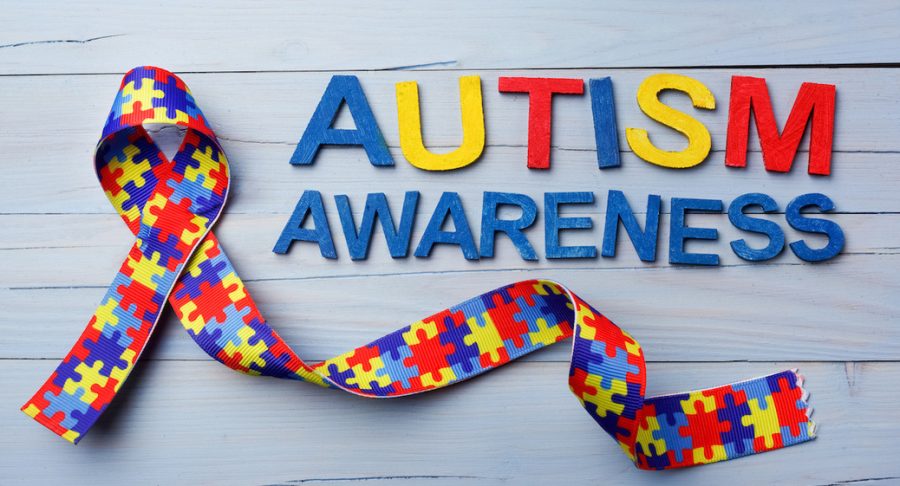What to watch for Autism Awareness Month
Autistic characters are becoming more commonplace in popular culture
April 25, 2023
For the last 50 years, April has been known as Autism Awareness month. Autism Spectrum Disorder, commonly referred to as ASD, is one of the most common developmental disorders and has the fastest growing diagnosis rate in the world; from “1 in every 2000 children in the 1970’s and 1980’s to 1 in every 68 children today.”
Because there are over 75,000,000 people with Autism worldwide, an understanding of the disorder and what accommodations may need to be met is vital. A first step into a basic understanding of Autism may lie in popular media. Below are a few films and TV shows with accurate representation below.
- “Rain Man” (1988) is one of the first films with a canonical autistic character. It focuses on the relationship between two brothers after the death of their father. Charlie Babbitt, played by Tom Cruise, is an arrogant and self centered man who is driving his estranged brother to Los Angeles. His brother, Raymond Babbitt, played by Dustin Hoffman, is an autistic man with Savant Syndrome. While Raymond expresses more symptoms of Savant Syndrome than Autism, the film’s overall theme of understanding between neurotypical and neurodivergent people influenced how many people view autism and autistic people.
- “Please Stand By” (2017) is one of few films with an autistic woman as the lead character. Wendy, played by Dakota Fanning, is an autistic woman with a special interest in “Star Trek” who wrote a 450-page script for a screenwriter’s competition hosted by Paramount Pictures. Upon missing the mail-by date, she embarks on a journey from her group home in San Francisco to Hollywood. The title is derived from one of Wendy’s coping mechanisms she uses when she’s upset. As explained in a review by #ASDnext, “this phrase is significantly more approachable than “Just Calm Down.” When you tell someone to calm down, it’s an order. When you tell someone to stand by, it allows the individual to digest their environmental stressor.” All in all, “Please Stand By” is an excellent portrayal of autism and autistic women.
- “On The Spectrum” is an award winning Israeli TV show, which was recently released with English subtitles. Available on HBO Max, the show follows three autistic roommates: Ron, Amit, and Zohar, each of whom have different symptoms and coping mechanisms. The show discusses common topics, such as dating and getting a job, from an autistic character’s perspective. Released in 2018, the single season of ten episodes has earned several awards and deserves attention from Western audiences.
- “Heartbreak High,” another award winning show, is available on Netflix. Premiering in 2022, the eight-episode show deals with themes of racial tension and sexuality in modern Australia. Quinni, played by autistic actress Chloé Hayden, is an autistic teenager. Her habits and how she handles situations is relatable to many autistic teens, such as one scene where she tries to explain the effort she made on a date. As one autistic blogger, profaneprsefone, says: “Something I wish more people understood is that in overwhelming situations, the fact that [autistic people] tough it out at all is the miracle in and of itself.” On top of having great representation overall, “Heartbreak High” showcases both the highs and lows of living with autism.
There are many other TV shows, films, video games, and other media with autistic characters. Some of these characters, most famously Sheldon Cooper from “Big Bang Theory”, have traits and symptoms of autism but have not been officially labeled by the creator.
“There often is this stigma around autism and autistic characters, and if an autistic person sees themselves in a character with traits and symptoms then it’s good representation,” said sophomore Kacey McGrath.
Even if a show or film hasn’t officially diagnosed a character with autism, if the autistic community has claimed a character, it has representation.
Accurate representation is vital in humanizing people with unfamiliar life experiences to the viewer, and in Autism Awareness month, watching these shows and films is a great first step towards understanding around 1% of the world’s population.












